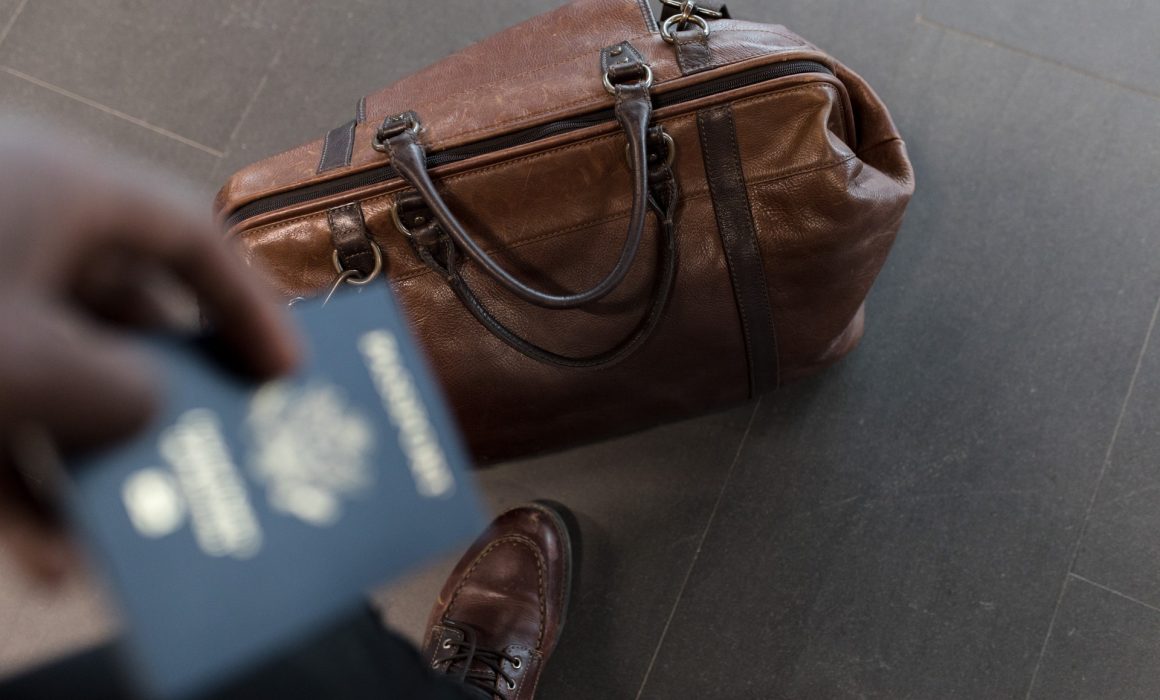BtS Vol 1, Issue 5: Evaluating Nigeria’s Latest Visa on Arrival Policy
Where is the United State of Africa that the founding fathers of the Organization for African Union (OAU) conceived? Almost half a century later, the movement of people between African states remains restricted. According to the African Development Bank (AfDB), Africans require a visa to travel to 49% of other African countries; they can get visas on arrival from only 26% of states, and they do not need visas for 25% of African states.
This year, there has been a restriction to movement across Africa following the closure of borders in Nigeria, Rwanda, Sudan and Kenya but things may be looking up with Nigeria set to roll out its Visa on Arrival policy at the start of 2020. This policy will eliminate the waiting period still required when applying for a Nigerian visa as well as eliminate the need to send travel documents for stamping.
Watch now: Evaluating Nigeria’s Lastest Visa on Arrival Policy
To further optimize the impact of this policy, the government must consider a few things.
- Automation
- Communication
- Diversification
- Security
- Road to AfCFTA


